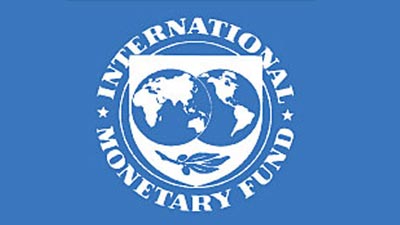The International Monetary Fund (IMF) has raised concerns about Nigeria’s huge tax expenditure, estimated at four per cent of the country’s gross domestic product (DGP) or N6.8 trillion in 2021, saying the country could only achieve fiscal stability with aggressive reform of the tax system.
With the country occupying the third position among countries with the highest tax expenditure to GDP ratio, coming behind South Africa and Central Africa, the Fund said the country would need to curb inefficiency in its tax mobilization to free up resources for funding of key growth sectors such as education and health.
Tax expenditure is the value forfeited through tax incentives such as allowances and holidays extended to economic agents during a fiscal cycle.
Over the years, the Federal Government has come under scrutiny over its tax incentive management and transparency around the scheme. It also noted a huge gap between the actual tax collected and its potential.
It places the country at the bottom of the value added tax (VAT) collection efficiency ratio in sub-Saharan Africa (SSA). While the VAT collection efficiency ratios of countries like South Africa, Equatorial Guinea and Zambia are tending towards 70 per cent, Nigeria is about 20 per cent, the lowest in the region.















